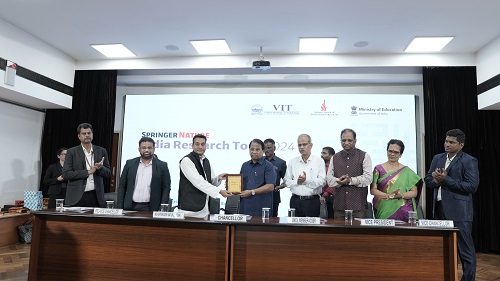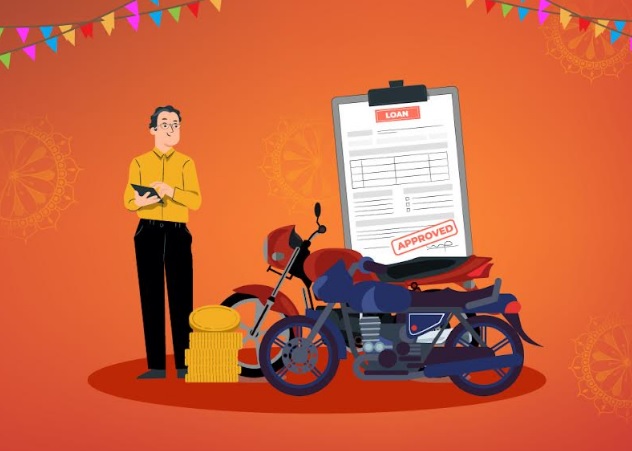Do you want to take full advantage of summertime activities and efficiently manage your diabetes? Here are 14 suggestions for diabetics on how to control their blood sugar during intense heat.
As summertime temperatures rise, it’s critical for everyone to stay cool and hydrated, but especially for those who have diabetes. High temperatures can impact blood sugar levels and raise the risk of dehydration, so it’s critical to take preventative measures to effectively manage diabetes. Here are some professional recommendations to help you keep safe and healthy in the summer heat, whether you’re enjoying outside activities or just going about your regular business.
In an interview with HT Lfestyle, Dr Ajay Shah, Managing Director at Neuberg Ajay Shah Laboratory, suggested –
- Stay Hydrated: Dehydration can occur more quickly in hot weather, leading to a rise in blood sugar levels. Drink plenty of water throughout the day to stay hydrated and prevent dehydration. Avoid sugary drinks and opt for water or sugar-free beverages instead. Carry a refillable water bottle with you wherever you go, and aim to drink at least 8-10 glasses of water per day.
- Monitor Blood Sugar Levels: Keep a close eye on your blood sugar levels, as heat can affect how your body responds to insulin. Check your blood sugar more frequently during hot weather, especially if you’re spending time outdoors or engaging in physical activity. Be prepared to adjust your insulin dosage or treatment plan as needed to maintain stable blood sugar levels.
- Protect Your Skin: Excessive sun exposure can increase the risk of sunburn, which can cause stress to the body and affect blood sugar levels. Wear sunscreen with a high SPF, and reapply it regularly, especially if you’re sweating or swimming. Wear lightweight, breathable clothing that covers your skin to protect against sunburn and overheating.
- Plan Your Meals: Heat can affect your appetite and digestion, so plan your meals accordingly. Opt for lighter, cooler meals that are rich in fruits, vegetables, and lean proteins. Avoid heavy, high-fat foods that can lead to indigestion and discomfort. Eat smaller, more frequent meals throughout the day to help maintain stable blood sugar levels.
- Seek Shade: When spending time outdoors, seek shade whenever possible to avoid overheating and sun exposure. Use umbrellas, hats, or canopies to create shade and protect yourself from the sun’s rays. Limit outdoor activities during the hottest parts of the day, typically between 10 a.m. and 4 p.m., when the sun’s intensity is strongest.
- Be Prepared for Emergencies: Always carry a diabetes emergency kit with you, especially when traveling or spending time outdoors. Include items such as glucose tablets or gel, snacks, insulin, syringes or insulin pens, a blood glucose meter, and emergency contact information. Make sure your family members or travel companions are aware of your diabetes and know how to help in case of an emergency.
- Stay Cool Indoors: If temperatures become too extreme, seek refuge indoors in air-conditioned spaces. Use fans or air conditioners to stay cool and comfortable, especially during the hottest parts of the day. If you don’t have access to air conditioning at home, consider visiting public places such as shopping malls, libraries, or community centers to escape the heat.
At Fortis Hiranandani Hospital in Vashi, Dr. Farah Ingale, Director, Head of Department of Internal Medicine, and Diabetologist, issued a warning: “Diabetes can cause damage to nerves and blood vessels, making it harder for the body to cool itself through sweating.” Heat exhaustion and heat stroke may result from this, necessitating medical attention. People with diabetes are particularly vulnerable to these diseases in hot weather because high temperatures can degrade insulin and other supplies, making them less effective.
Furthermore, prolonged sun exposure can impact diabetes control since lower levels of activity can result in higher blood sugar levels, the speaker continued. Furthermore, in warm temperatures, insulin is absorbed from injection sites more quickly, raising the risk of hypoglycemia, which is extremely severe.
To mitigate these risks, Dr Farah Ingale advised:
- It’s important to stay well-hydrated by drinking plenty of water, sugar-free beverages, and non-alcoholic drinks to avoid dehydration. However, avoid consuming a lot of fluids at once to reduce the risk of hyponatremia.
- Wearing loose-fitting, lightweight clothing, a hat and sunglasses when going outdoors and using sunscreen with an SPF of at least 30 is recommended for protection.
- Exercise is crucial for managing diabetes but should be planned carefully. Outdoor activities should be done early in the morning or late in the evening to avoid peak heat times. Alternatively, indoor activities such as yoga or gym workouts can be pursued.
- If staying indoors, draw curtains, use air conditioning, fans and maintain a cool environment.
- Avoid overeating, as it can lead to ketoacidosis. Opt for cold foods and beverages instead of hot ones like tea and coffee.
- Insulin should be stored in a cool place but if temperatures are excessively high, refrigeration is recommended. When going out, carry insulin in a cool bag or pouch.
- Checking blood sugar levels more frequently during summers is essential, as is maintaining diet control and staying indoors when necessary for diabetic individuals.
Even in extremely hot weather, people with diabetes can have a safe and healthy summer by heeding these precautions. Always pay attention to what your body tells you, keep an eye on your blood sugar levels, and take proactive measures to stay hydrated and cool. You may properly manage your diabetes and take advantage of all that summer has to offer with careful planning and preparation.















Reader Interactions